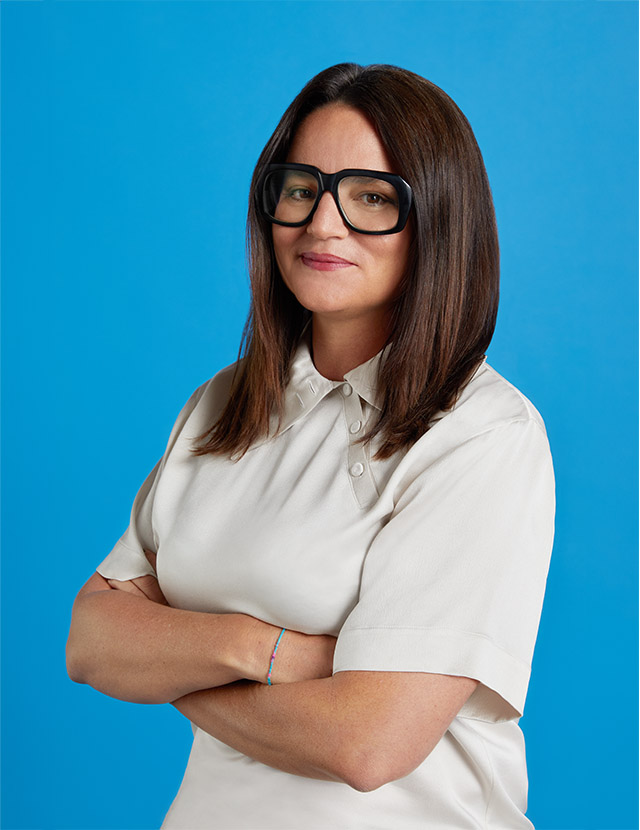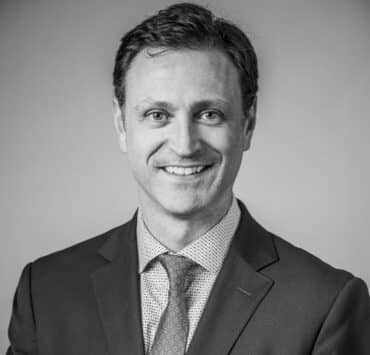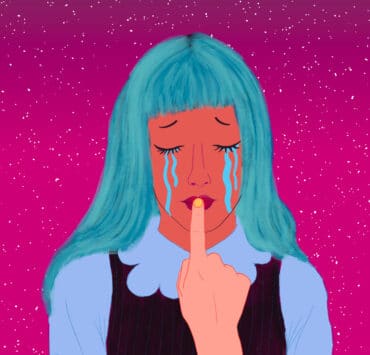|
Getting your Trinity Audio player ready...
|
Javiera Balmaceda was born in Chile, and ultimately raised in Texas and California when her parents became political refugees. Growing up, she and her younger brother, Pedro, would spend hours at the theatre as going to the movies was cheaper than hiring a babysitter, and that’s where they cultivated a deep love of film.
“I was always a rule follower, so I would stay at the one movie we bought a ticket for, but my brother would run around watching all the other movies,” Balmaceda recalls, with a smile. “Then, the minute cable dropped, we got HBO. I could tell you the first HBO movie I watched, which was The Terry Fox Story. From there it was MTV and other channels, digging into thousands and thousands of hours of television.”
Her brother, who goes by Pedro Pascal, using his mother’s maiden name, went on to appear and star in several movies and television series, including as the protagonist of the HBO drama The Last of Us. Meanwhile, Balmaceda brought her passion to the industry behind the camera for the likes of Claro Video, Target Entertainment, Comedy Central, Cartoon Network, HBO, and more. She spent years managing content-related departments for major production companies, helping them develop successful content for Hispanic and international audiences.
Today, she’s the head of local originals for Latin America, Canada, and Australia for Amazon Studios, a role that allows her to place the stories of Latino and Hispanic artists in front of the world.

“What speaks to me the most is being able to show the variety of storytelling that’s coming out of Latin America,” she says. “It’s not just trauma porn, another immigrant story, or another narco story. There’s so much more to be told about the lives and the people of South America and all of Latin America. That’s what I’m really passionate about, connecting with the different artists and creators from those regions and helping them get their stories told on such a huge platform like Prime Video and having the world be able to recognize their talent.”
That passion is reflected in her body of work. She’s helped the company produce and launch more than thirty movies and series in the last year alone and is currently overseeing a record-breaking content slate concurrently in development.
One of the shining examples of her and her team’s efforts was the critically acclaimed and Golden Globe winner Argentina, 1985, which was the only Latin American Oscar nominee in 2023. She was also a force behind LOL: Last One Laughing, which was adapted from the Japanese series Documental. LOL has become one of Amazon Studios’ most successful global franchises since the format was first adapted in Mexico in 2018 and has since been localized across in nineteen countries.
“That’s what I’m really passionate about, connecting with the different artists and creators from those regions and helping them get their stories told on such a huge platform like Prime Video and having the world be able to recognize their talent.”
Javiera Balmaceda
While Balmaceda’s career has been filled with many highlights, it’s also had its fair share of challenges. As a woman navigating the industry in the early 2000s, she was usually one of the only women in the room or was one of few. When she thinks of the difficulties associated with that, she feels it was best described in a monologue performed by America Ferrera in Barbie, where Ferrera notes that: “It’s literally impossible to be a woman.”
“It’s amazing because it feels like it encompasses the last twenty something years of my life,” she explains. “How to behave, how to present, and make sure you’re getting your ideas across when you’re the only woman with power in the room.”
But that didn’t stifle her determination. Balmaceda has an inherent fearlessness and stubbornness to her. At the same time, she believes that part of her success has also come from a privileged place.
“My parents struggled as political refugees and worked so hard to provide for us,” she says. “I was able to graduate from a private university without any debt. If I didn’t like something I knew that I could quit and always had something to fall back on and that’s important to acknowledge. I had a really good support system behind me, knew I’d be taken care of, and that’s helped me be so sure of myself and where I want to be.”
“I had a really good support system behind me, knew I’d be taken care of, and that’s helped me be so sure of myself and where I want to be.”
Javiera Balmaceda
That kind of introspection has been a staple of Balmaceda’s leadership journey. Recently, she’s been learning a lot from younger generations like millennials and Gen Z. One lesson has come from a quote she read.
“Follow your dreams; dreams are made from hard work, and I’m sure I sound like my dad, but it’s not really about putting in the time but it’s setting up ‘this is where I want to be and this is how I’m going to work towards it,’” she says. “And you can’t be afraid to ask for those things. That’s what young people are teaching me. Have those talks about salary, don’t be afraid to say, ‘I want to be here in the next two years,’ but also know that it’s work.
“Acknowledge the things you need to work on but still ask, ‘What do I need to do to get there?’ Because people in my position [would] rather know where you want to go to help pull you up, rather than say, ‘This is where you should be.’”

